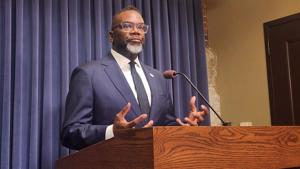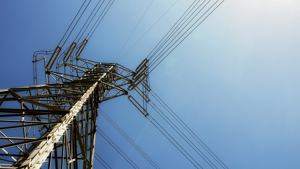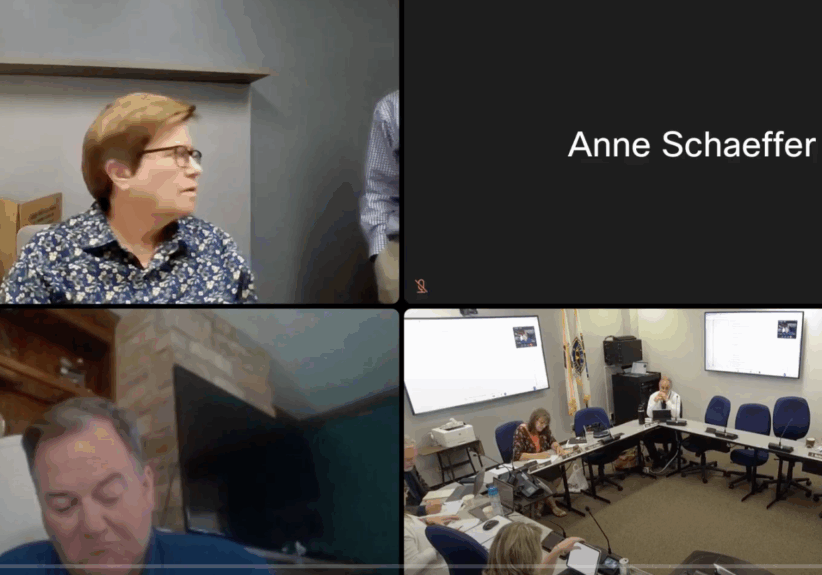
State Legislative Session Update: Transit, Energy Bills Stall Despite Democratic Control
Illinois lawmakers failed to advance major transit funding and comprehensive energy legislation during the recently concluded spring session, leaving key issues unresolved despite Democratic supermajorities in both chambers, according to a legislative update provided to Will County Board members.
The General Assembly did pass a $55.2 billion state budget that leaders describe as balanced, but significant policy priorities remain stalled heading into potential veto session discussions this fall.
Transit funding emerged as perhaps the session’s biggest disappointment for regional leaders. The Chicago-area transit systems—CTA, PACE, and Metra—face a $770 million operating shortfall that could force service cuts and layoffs without legislative action.
“The House didn’t have 60 votes to pass what the Senate passed,” explained state lobbyist Matt Murphy during Monday’s Legislative Committee meeting. The Senate approved a funding plan relying on digital advertising taxes, delivery fees, and rideshare charges, but House leaders publicly stated their belief that new revenues aren’t needed until 2026.
The transit agencies have warned they’ll begin implementing service reductions this fall to address the funding gap. Previous estimates suggested the shortfall could grow to over $1 billion annually within a few years when accounting for desired service expansions.
Energy legislation faced similar obstacles, with comprehensive proposals proving “too unwieldy to pass this session,” according to Murphy’s spring session report. Environmental groups had pushed for limits on energy-intensive data centers, while utilities sought efficiency improvements and battery storage provisions.
Governor J.B. Pritzker, who announced plans to seek a third term, largely avoided taking positions on contentious revenue-generating proposals during the session. His approach may reflect electoral considerations as he weighs potential national political opportunities.
The Legislature will return for veto session October 14-16 and 28-30, but the higher vote thresholds required for immediate effective dates may limit what can be accomplished before 2026.
Will County officials are monitoring these developments closely, particularly transit funding that affects regional connectivity and energy policies that could impact the county’s renewable natural gas operations at Prairie View Landfill.
State Senator Darren Bailey and other Will County delegation members will continue advocating for regional priorities during the interim period.
Latest News Stories

Voting rights group warns CA redistricting push could undermine trust in IL
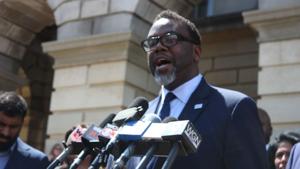
Chicago downtown office space vacancy rate jumps to record high levels
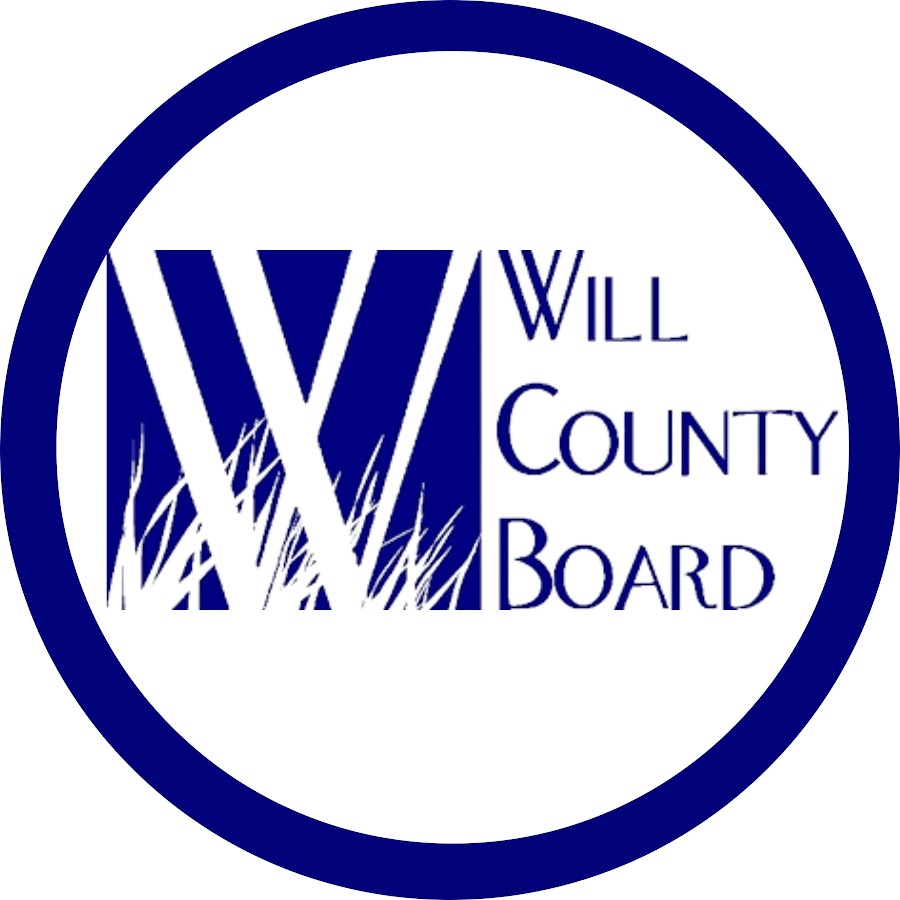
Commission Approves Peotone-Area Farmhouse Split, Overruling Staff’s “Spot Zoning” Concerns
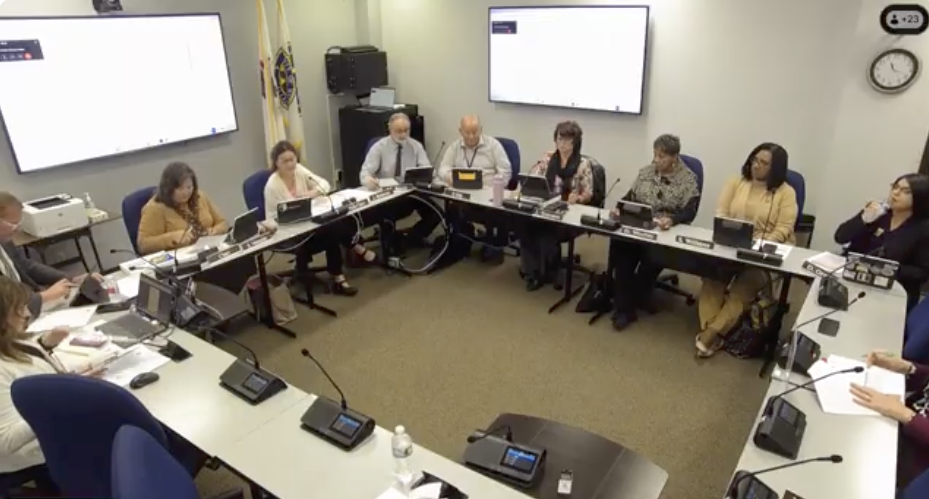
Will County Finance Committee Hits Impasse on 2025 Tax Levy, Postpones Budget Votes

Meeting Summary and Briefs: New Lenox Community Park District for September 2025
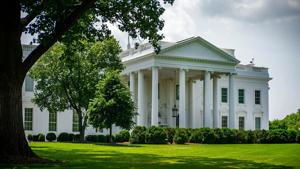
Federal court backs union on feds’ partisan emails
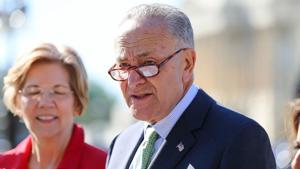
Senate Democrats propose new govt. funding deal; Republicans reject it

Trump administration will fully fund SNAP despite appeal

Report: Princeton ranked best university, best school overall

Trump blasts cost overruns at Obama Presidential Center in Chicago

Illinois quick hits: Get Covered Illinois premiums to spike

Colorado boosts WIC, food pantries amid D.C. stalemate
